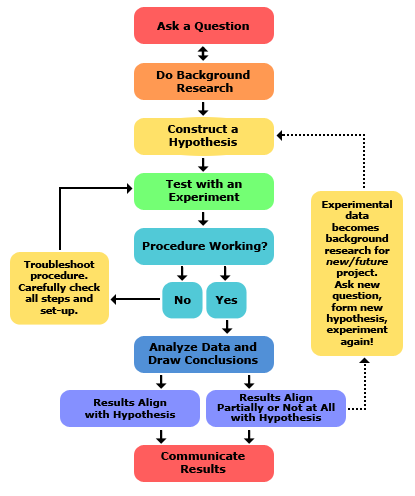How is it safe to say? This seems like a personal opinion, based on your analysis of statistical facts that pertain to other areas (i.e. not GO), which you are personally correlating with one another in order to build a foundation for the statement quoted above.
When asked to explain it, you outline that you have made multiple assumptions to reach your reasoning. With that kind of backing, I disagree that “it is safe to say” anything specific about IQ and how it relates to Go.
…just about everything it is used for."
I don’t think that anyone will disagree that having a higher IQ is generally more helpful in life. Especially regarding any aspect of mental functioning that involves cognition, analysis, reasoning, deduction, logic, or similarly related cerebral faculties. It works for Go, it works for throwing a ball, it works for math, and so on, and so forth.
Alright, lets examine this. You have data for the correlation between IQ and income. And you have data for the correlation between IQ and school performance. How do you make the logical jump; that because of these two areas, that Go should have a similar correlation? Do you have evidence that having a higher income or that performing better in school ensures that you will perform better at Go?
Because if you don’t, these two examples seemingly have zero correlation to Go. This statement is about as sound as me saying “eggs are oval…” and “eggs are white…”, so “eating eggs should help me perform better at Go!”. I could say that, sure. But it is a baseless assumption based on my personal wishes or biases; not conclusive evidence.
Since when is statistical data the same as truth? With statistics, one can conclude many “things”, reveal many “facts”, and tell very specific “stories”. I love reading case studies. I read them for pleasure.
If you take the time to read the fine print of most studies, they add these disclaimers that say that the “facts” and “conclusions” made in the study are merely their own interpretations. That while these conclusions have been reached, they acknowledge that if a third party were to review the same data, they may not come to the same conclusions. And they might also dispute the “facts” the study uncovered.
Case studies are used to influence decisions, alter perceptions, to justify financial expenditure into new areas of research, and to legitimately present new science or findings. But rarely are they ever conclusive or definitive. Nor do the scientists or corporations behind them put their name on the line to back them as facts.
These disclaimers pretty much exist to say “We’re sharing this data and our research supports the following conclusions, but don’t hold us to them and we cannot be held liable. So, consider what we’ve found with a grain of salt.”
Statistical data is beautiful and extremely helpful. But I personally feel that it is irrational to interpret statistical data as being equal to irrefutable facts or undeniable truth.
I found it quizzical that you say this, because on the one hand you are definitely in support of IQ. But at the same time, you are saying you agree with what I was pointing out. In case there was any misunderstanding, what I am pointing out is that even the best intelligence experts will only give IQ tests a small amount of credit. Specifically, this part:
"On the whole, scholars with any expertise in the area of intelligence and intelligence testing… share a common view… and are convinced that it can be measured with some degree of accuracy.”
So, are you agreeing that IQ testing is accurate to an unknowable degree? Acknowledging that even the best experts feel that it is only somewhat accurate? Just to be clear, the definition of “some” is being defined here, in an attempt to clarify what “some degree of accuracy” means:
Some
-
Adjective: being an undetermined or unspecified one
-
Pronoun: an unspecified number, amount, etc., as distinguished from the rest or in addition
-
Adverb: Informal. to some degree or extent; somewhat
